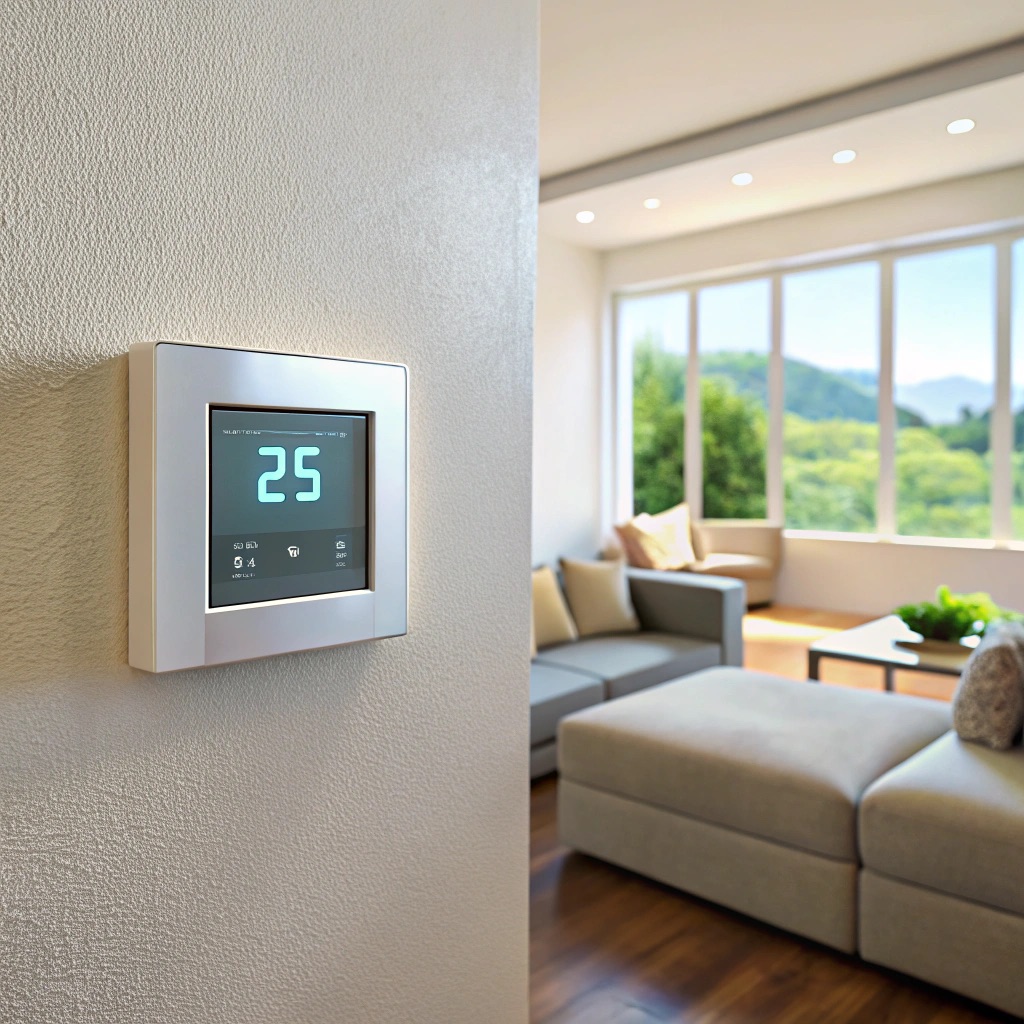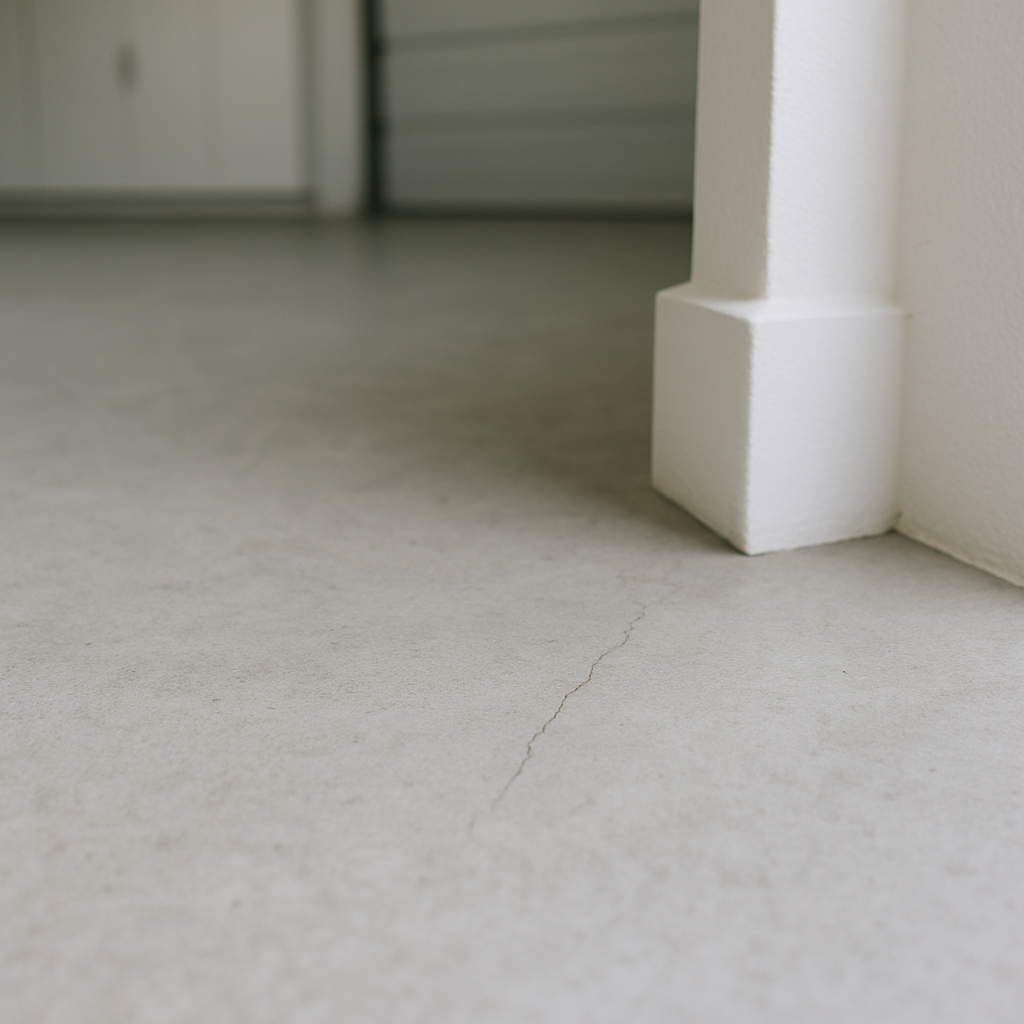Last updated on
As the world increasingly focuses on sustainable and renewable energy sources, solar power emerged as a leading contender in the race to reduce dependence on fossil fuels. Solar energy systems, often installed in homes and businesses, harness the power of the sun to generate clean and reliable electricity.
This comprehensive guide will explore six essential tips for effectively harnessing the sun’s energy through solar power systems.
What's Inside
Invest in High-quality Solar Panels and Components
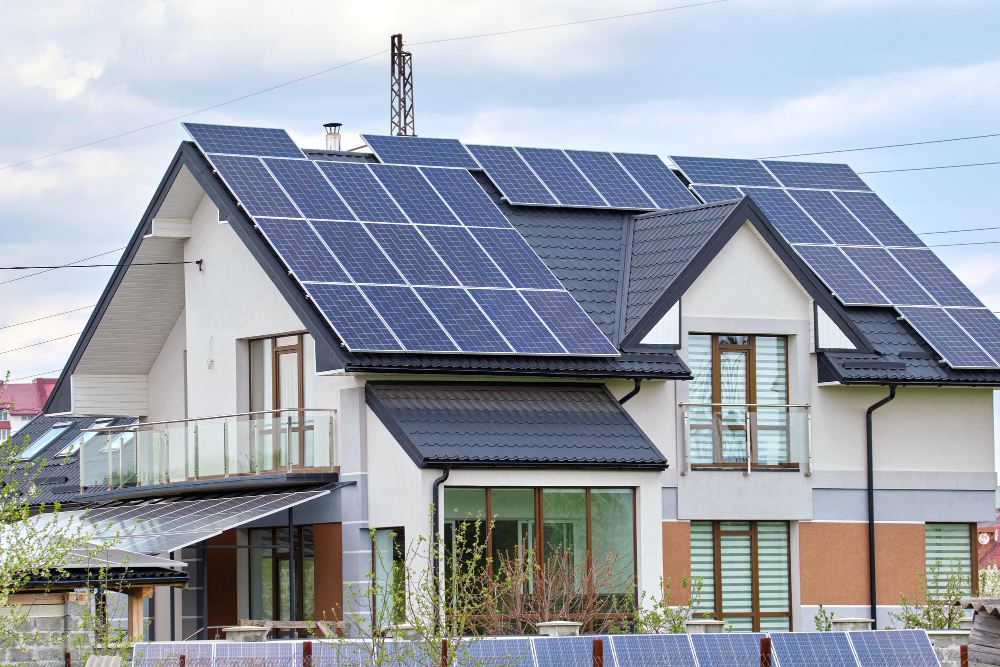
The quality of the components you choose affects the performance and lifespan of your solar power system. When investing in solar panels and associated components, consider panel efficiency.
High-efficiency panels can generate more electricity in a limited space. Look for panels with a high wattage rating and efficiency percentage.
Choose panels with reliable warranties covering product performance and longevity. Many reputable manufacturers offer 25-year warranties.
Invest in a high-quality inverter that matches the capacity of your solar panel system. A suitable inverter is crucial for efficiently converting DC electricity to AC electricity.
If you plan to use solar energy for off-grid living or during power outages, consider adding a battery storage system used to store excess energy for nighttime or cloudy days. Explore the internet, where you can get more information here about the latest advancements in solar panel technology, inverter options, and battery storage solutions.
In the world of solar power, innovation is constant, and staying informed about the latest developments can help you make well-informed choices.
Choose the Right Location for Solar Panels
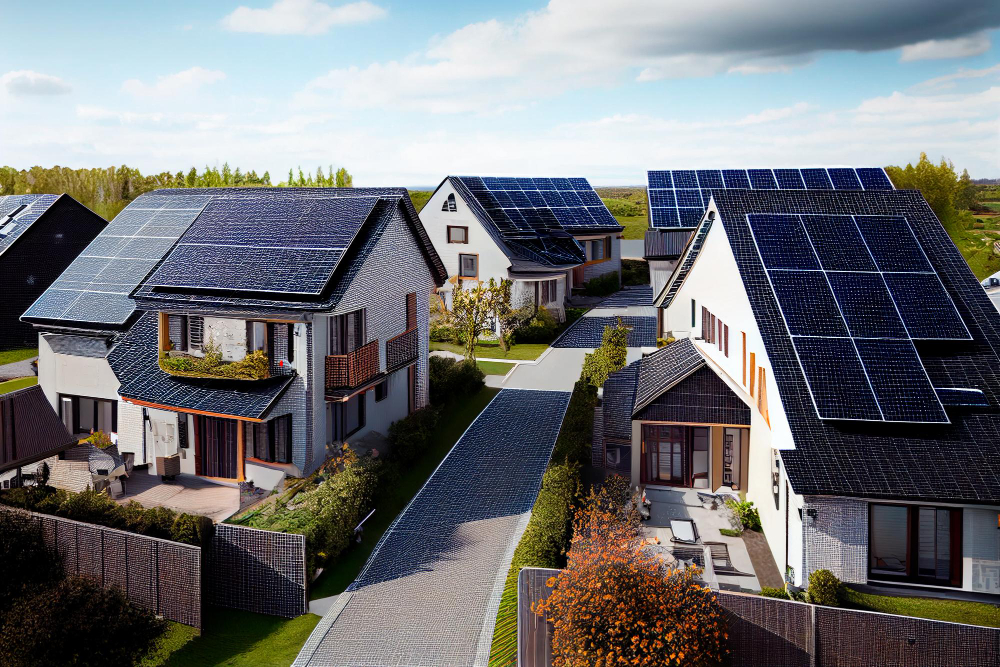
The location of your solar panels is pivotal in their performance. To maximize energy production, consider the following factors when selecting the installation site:
- Solar Exposure: Ensure the installation site receives ample sunlight throughout the day. Solar panels perform best when exposed to sunlight most of the day.
- Shade Avoidance: Minimize shading from nearby trees or other obstructions. Even partial shading can reduce the efficiency of solar panels.
- Orientation: Solar panels should ideally face south in the Northern Hemisphere and north in the Southern Hemisphere to capture the most sunlight throughout the year. Tilt angles should also be adjusted according to your latitude for optimal energy generation.
- Roof Condition: If installing solar panels on your roof, ensure that the roof structure is in good condition, capable of supporting the added weight. Consider conducting a structural assessment if necessary.
Regular Maintenance and Cleaning
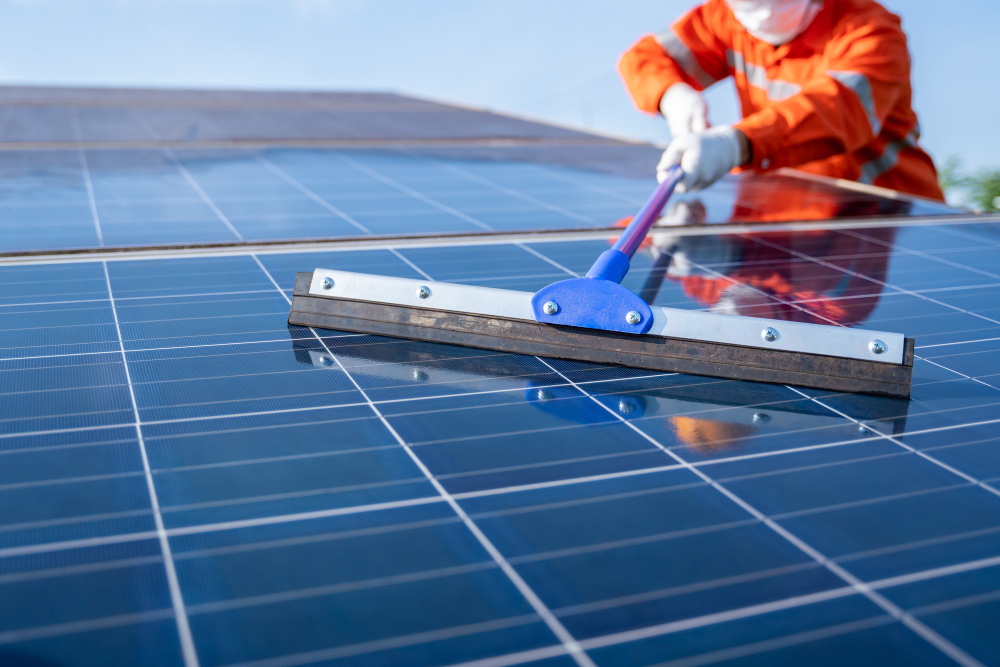
Keep your solar panels clean by eliminating dust and debris that accumulate on the surface. Clean them with a soft brush, a squeegee, or a hose with a nozzle attachment. Inspect your solar panels for signs of physical damage or wear and tear.
Cracked or damaged panels should be repaired or replaced promptly. Monitor new shading issues caused by nearby vegetation or structures and address them promptly to maintain optimal performance.
Follow the manufacturer’s guidelines for inverter maintenance, which may include periodic checks and software updates.
Monitor Your Solar Power System
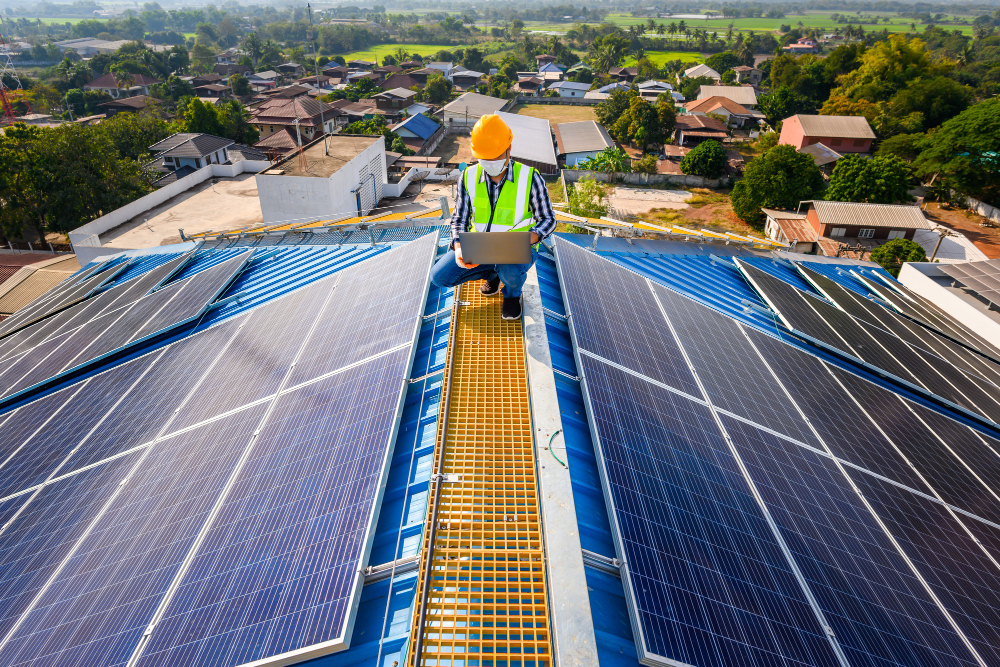
Effective monitoring is crucial for understanding the performance of your solar power system and ensuring it operates at its full potential. Many solar power systems have monitoring software or apps that track energy production in real time.
These tools provide insights into daily and seasonal variations in energy generation. Configure alerts to notify you of any system abnormalities or significant drops in energy production.
Early detection of issues can prevent more substantial problems. Periodically analyze your energy production data to identify trends and make adjustments to optimize your system’s performance.
Maximize Energy Efficiency in Your Home
In addition to optimizing your solar power system, you can maximize your energy efficiency at home to make the most of the electricity generated. Here are some tips:
- Energy-Efficient Appliances: Invest in energy-efficient appliances and lighting to reduce electricity consumption.
- Insulation and Weatherization: Proper insulation and weatherization can help maintain a consistent indoor temperature, reducing the need for heating and cooling.
- Programmable Thermostats: Use programmable thermostats to regulate temperature settings and avoid unnecessary energy consumption.
- Home Energy Audit: Consider scheduling a professional home energy audit to identify areas where energy is wasted and implement recommended improvements.
- Time-of-Use Planning: If your utility offers time-of-use rates, consider using energy-intensive appliances during off-peak hours when electricity is cheaper.
Stay Informed about Solar Technology Advancements
Continuously explore the latest advancements in solar panel technology, inverter options, and battery storage solutions. Stay informed about government incentives and rebates for solar installations.
Engage with the solar community and seek expert advice when needed. Being proactive in staying up-to-date with solar technology innovations can lead to more efficient and cost-effective solar power solutions for your home or business.
Additionally, keeping abreast of government incentives and rebates can help you maximize your return on investment and maximize the financial benefits of renewable energy adoption.
Harnessing the sun’s energy through solar power systems is both environmentally friendly and economically advantageous.
You can make the most of this renewable energy source by understanding the fundamentals of solar panel operation, selecting the right components, maintaining your system, monitoring its performance, and maximizing energy efficiency at home.
Solar power reduces your carbon footprint and offers long-term energy cost savings while contributing to a more sustainable and clean energy future.
